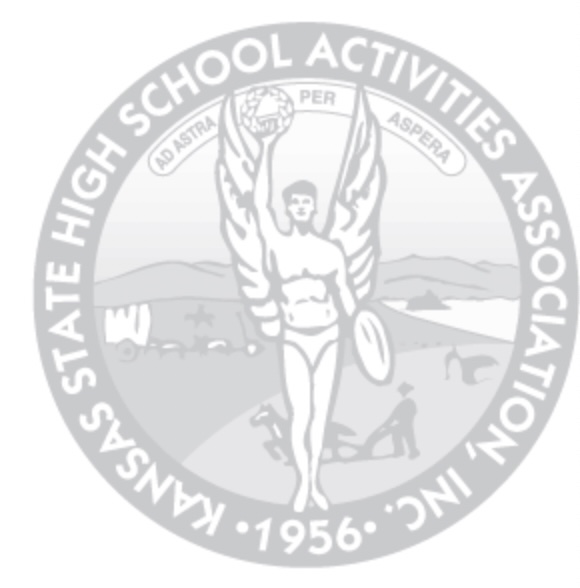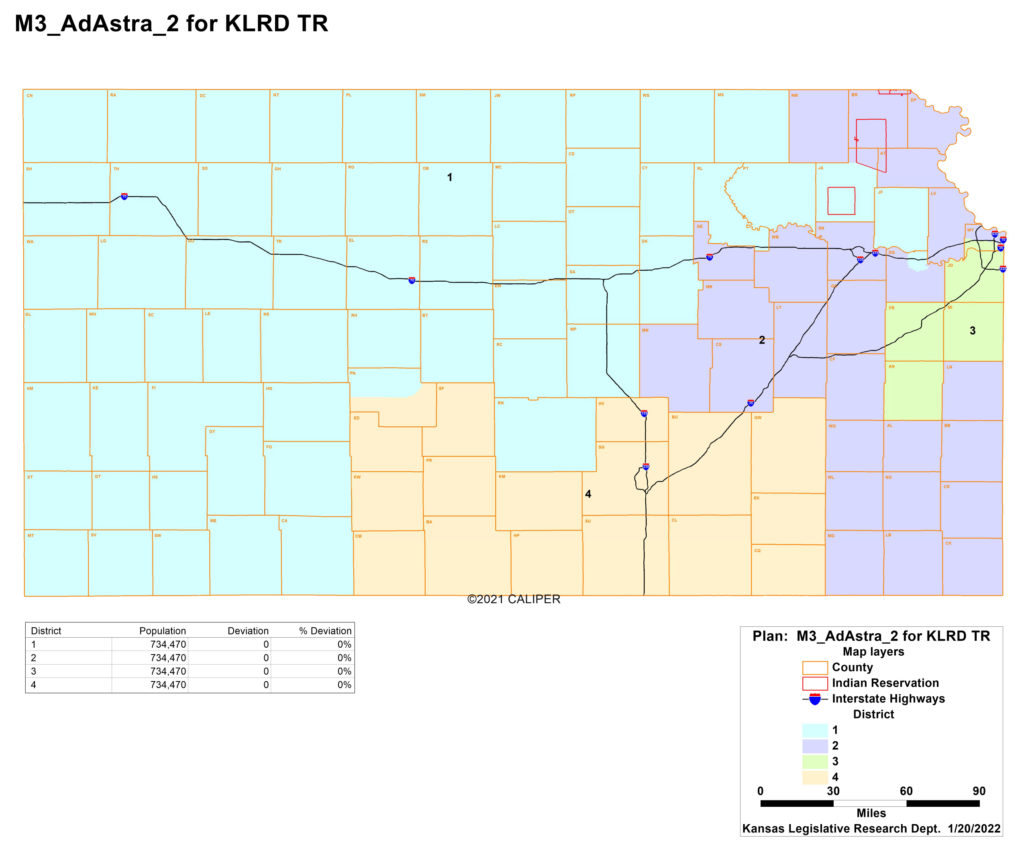By KNEA Government Relations and Communications
The push for school vouchers rears its’ ugly head again, just as we expected
Rep. Patrick Penn, R-Wichita, a member of the K-12 House Education Budget committee, introduced House Bill 2550 this week which would allow eligible students to set up an education savings account where the amount of their base state aid per pupil is deposited from the state, which will be $4,846 when this bill would go into effect.
The thinly veiled “Student Empowerment Act” is a resurrection of last year’s mega voucher bill, HB 2119.
Eligible students are those who are enrolled in any school of a school district and qualifies for free or reduced-price meals, has been identified as eligible to receive at-risk educational services, or has a student empowerment account. Parents are not allowed to contribute additional personal funds to these accounts. The public dollars in these accounts can then be used to pay for private school expenses, including tuition and fees, required textbooks and supplies, and transportation. The private schools do not have to be accredited.
The public funds in the account can also be used for the following:
- Educational therapies or services provided by a licensed or accredited education provider;
- Tutoring services provided by a certified tutor (there is no such thing as a certified tutor);
- Curriculum materials (but the funds aren’t supposed to be used for homeschool);
- Fees for any nationally standardized norm-referenced achievement test, advanced placement examination, or other examination related to admission to postsecondary education institution;
- Services, programs, activities, classes or any other resources or programs provided or contracted by a school district (they want public schools to fill in for where the private school falls short);
- Tuition and fees charged by a postsecondary educational institution; and,
- Any other education expenses approved by the state treasurer (an elected, partisan position with no other education decision-making authority).
The State Treasurer’s Office is also responsible for conducting audits of the student accounts to ensure the funds have been used appropriately. Additionally, the state treasurer must randomly select one (yes, only one) participating private school to audit each year to ensure funds have been appropriately used.
These accounts would be equivalent to low-balance, high transactional checking accounts. Proponents contend they are inexpensive to have, asserting they cost just $10 a year. Extensive research by State Treasurer Lynn Rogers has determined the administrative costs of this program range from $250 to nearly $900 per account per year, including a 2.5% charge for each $1 spent from the account.
Proponents argue this bill is in the best interest of all students. Yet, it takes millions of dollars away from students and funnels it into administrative costs at the state level. It requires no measurement of academic performance by the private schools. And just because a student meets the eligibility definition does not mean they will be able to find a private school to attend. Private schools are still allowed to pick and choose who they accept. Not to mention that, geographically speaking, not all students have access to a private school. Plus, parents would still be responsible for getting their student(s) to-and-from the private school, which requires reliable transportation and a work schedule that matches the school schedule.
Nearly 100 pieces of testimony were submitted opposing HB 2550, including KNEA. We contend that to truly help the students who are defined as eligible for this program, the solution is not to divert public funds to private schools with no accountability and minimal oversight. Instead, we suggest the following as just a few of the many viable solutions to helping all Kansas students succeed:
- Investing additional resources to increase teacher pay;
- Expanding professional development opportunities;
- Fully funding special education;
- Eliminating the sales tax on food so the families of these students can afford to put food on the table while putting money back in their pockets;
- Providing universal high-speed internet services; and,
- Expanding access to affordable healthcare
BOTTOM LINE: This bill would result in millions of dollars going towards administrative costs of operating this program rather than to the benefit of the student or their education.
It is anticipated that HB 2550 will be worked and passed out of committee soon since a similar bill passed the House last year. Be prepared to contact your state representative in the coming weeks and urge them to vote against this bill.
Another bill for families of private or home-schooled students who want to cherry pick what they like about public education
Sponsored by Rep. Sean Tarwater, R-Stilwell, House Bill 2511 was heard in the K-12 House Education Budget Committee this week and would allow private or home-schooled students to participate in activities regulated by the Kansas State High School Activities Association (KSHSAA). It would also make members of, or persons employed by KSHAA, mandatory reporters of child abuse and neglect.
This bill runs along the same vein as HB 2514, heard in this committee last week, that would require each local board of education to allow any child to enroll part-time in a public school’s course, program, or service if the student is also enrolled in a non-accredited private elementary or secondary school or in any other private, denominational or parochial school.
Bill Faflick, executive director of KSHSAA, offered these key points in opposition to HB 2511:
- Annually, more than 100,000 Kansas students who elect to attend accredited private and public schools that are members of the KSHSAA, earn their eligibility and participation privileges by meeting their school’s enrollment, attendance and scholarship rule requirements.
- The KSHSAA maintains a Virtual Student Eligibility policy which provides an opportunity for students to meet the enrollment and attendance requirements for individual eligibility.
- Students are eligible at the public school where they live if they take a total of five or more classes as a student dually enrolled in a KSDE accredited virtual school and at least one class in the brick and mortar setting of the school they will represent in interscholastic activities.
KNEA has not provided testimony for or against this bill at this time as it remains in committee and doesn’t have a date for another hearing. However, we believe the first part of this legislation is one of the tools in the “Fire Hose Strategy” toolkit to send individuals within the education community scurrying in directions away from the big prize of defunding public education in the name of vouchers.
Opposition to this bill was “greeted” with accusations of “offensive” commentary and discriminatory behavior.
The second part of this legislation was not controversial. Keep in mind, a “no” vote for the bill could result on accusations that a lawmaker voted against protecting student athletes from sexual abuse.
We’re uncertain of this bill’s future but we will be watching it closely.
Ad Astra 2 redistricting map receives Gov. Kelly’s expected veto
Late on Thursday afternoon of this week, Gov. Laura Kelly’s office announced she vetoed the Ad Astra 2 (SB 355), the redistricting map that, among other things, puts the city of Lawrence in the Big First congressional district. It also splits Wyandotte County along Interstate 70, disenfranchising communities of color and people with disabilities. Read Gov. Kelly’s full veto message HERE.
“Several alternatives would allow for the same deviation as Ad Astra 2 while protecting the core of the existing congressional districts and without diluting minority communities’ voting strength,” Gov. Kelly said. “I am ready to work with the Legislature in a bipartisan fashion to pass a new congressional map that addresses the constitutional issues in Senate Bill 355. Together, we can come to a consensus and pass a compromise that empowers all people of Kansas.”
The House needs 84 votes while the Senate needs 27 votes to override the governor’s veto. Republican Senate Majority Leader Larry Alley, of Winfield, said he will be doing everything he can to make sure the veto override is successful.
Curriculum overreach
The House Education Committee conducted a hearing this week on HB 2466, otherwise known as the Promoting Advancement in Computing Knowledge Act (PACK), also otherwise known as Rep. Steve Huebert’s ongoing attempt to usurp the authority of the Kansas State Board of Education in set curriculum standards.
This bill would have every high school in Kansas offer a computer science class by the 2023-24 school year. It also creates a graduation requirement of one credit of computer science but does not specify whether that is one year-long course, two semester-long courses, or just a one-semester (half-credit) course.
The bill is an overstep of legislative authority. The Kansas Constitution establishes that the Kansas State Board of Education has the duty and authority to establish curriculum standards and graduation requirements. It also establishes that local school boards then have the authority to decide specific course offerings to meet standards and requirements set by the state board of education.
In addition, legislative mandates of graduation requirements have unintended consequences, including adding significant limitations to the electives a student can take to round out their education and best prepare them for their desired individual plan of study.
The only good part of this bill is it allocates $2 million to the Kansas State Board of Education and the Kansas Board of Regents to help with professional development offerings for current teachers interested in teaching computer science and to create a scholarship fund to incentivize future teachers of computer science.
An amendment was introduced during the hearing this week that removes the entirety of section 5 of the bill, which contains the language mandating course offerings and the graduation requirement. Rep. Huebert, R-Valley Center, and chair of the House Education Committee, indicated he plans to offer an amendment to modify that section’s language to soften it from a legislative mandate to a legislative recommendation.
KNEA provided opposition testimony on HB 2466. We believe computer science classes are important because we know that students of today are heading straight into a workforce unlike any one of us have ever known. We also agree that we must be making every effort to prepare our students for success in this workforce.
Fortunately, the state board of education has established computer science standards, and as one proponent testified, more than half of Kansas students already have an opportunity to take a computer science course before graduating.
We believe the funding portion of this bill is a good start and would be supportive of the bill if it only contained that piece. The other elements, even if they just become recommendations rather than mandates, should be left up to the members of the state board of education.
A bright spot…
Senate Bill 340, known as the Kansas Promise Scholarship Act, passed unanimously out of the Senate Education Committee early this week.
Introduced by Sen. Molly Baumgardner, chairperson of the Senate Education Committee, this bill builds on the existing Kansas Promise Scholarship Program. The revised act would pay for up to 68 credit hours of tuition, as well as fees, books and supplies or no more than $20,000, for part-time students enrolled in high wage, high need and in critical need fields of study at any participating Kansas community or technical college or stand-alone program approved by the Kansas Board of Regents. The approved fields of study include information technology and security; mental and physical healthcare; advanced manufacturing and building trades; and early childhood education and development.
A participating post-secondary institution also has the option under the revised program to include an additional field of study in agriculture; food and natural resources; education and training; law, public safety, corrections and security; or distribution and logistics in order to meet local employment needs.
SB 340 requires the board of regents to adopt rules and regulations for the Kansas Promise Scholarship program by March 1, 2023.
We’ll be watching for this bill as it makes its’ way to the Senate floor.
What we’re watching….
Next week, we anticipate action to override Gov. Kelly’s veto of the gerrymandered Congressional map. We will also be keeping an eye out for any action on the bills previously heard in House K-12 Education Budget. Plus, we will be monitoring the hearings on two dueling KPERS proposals and a couple of tax bills.








